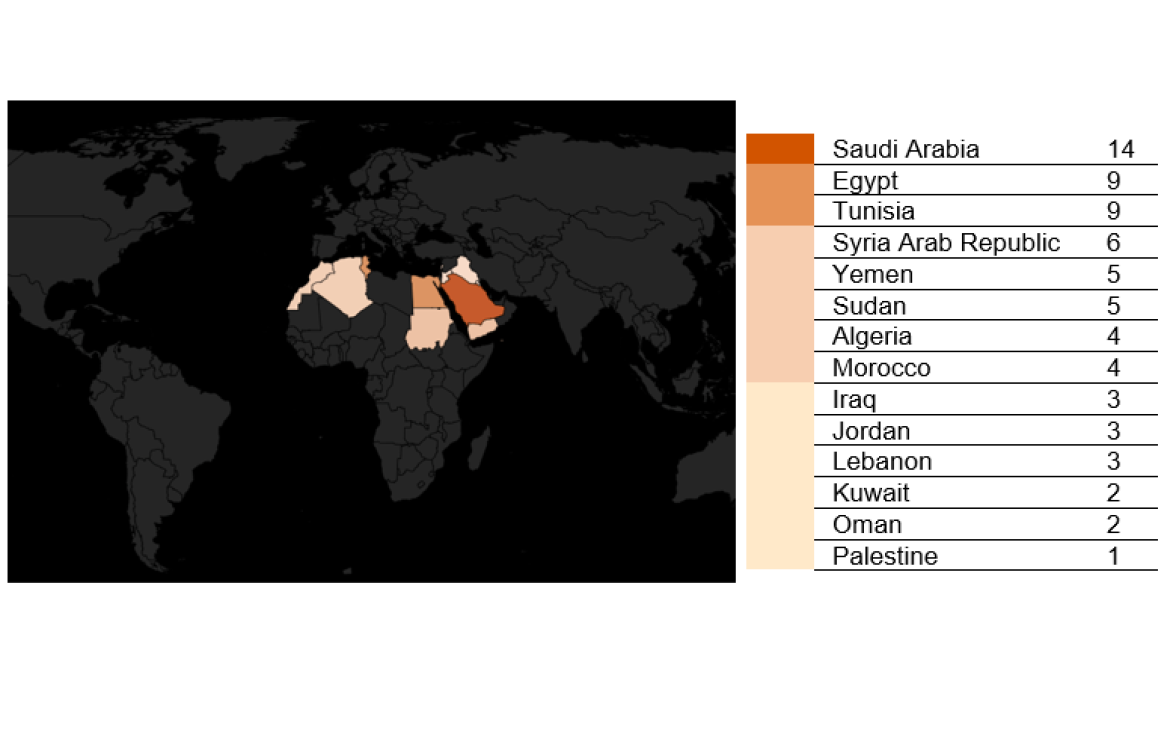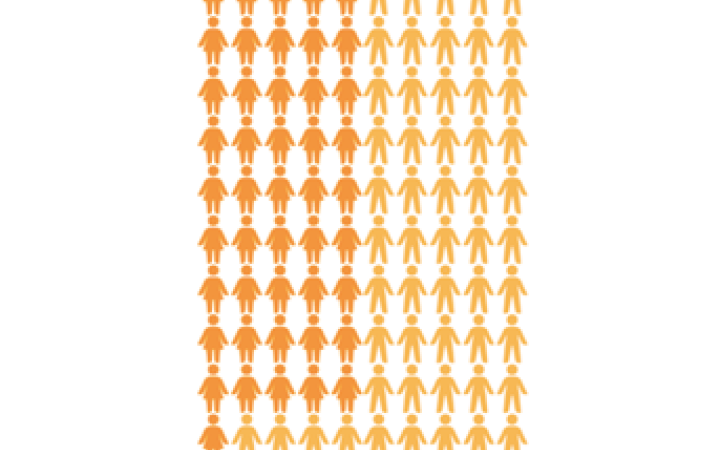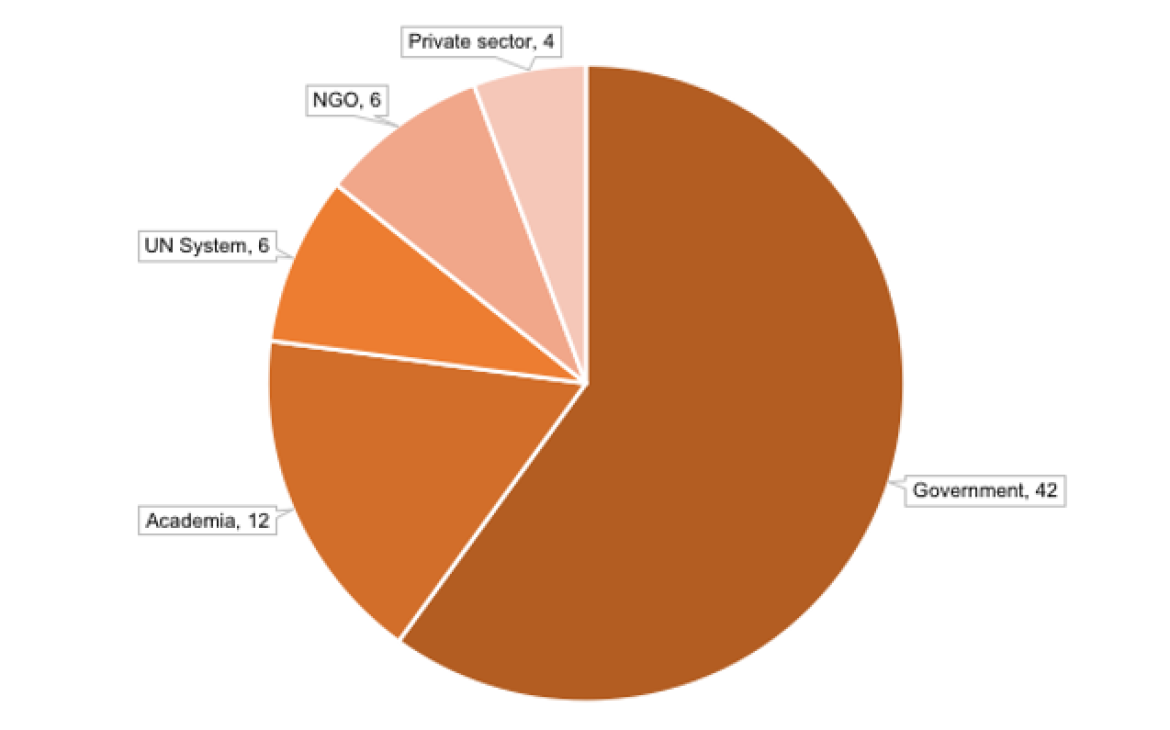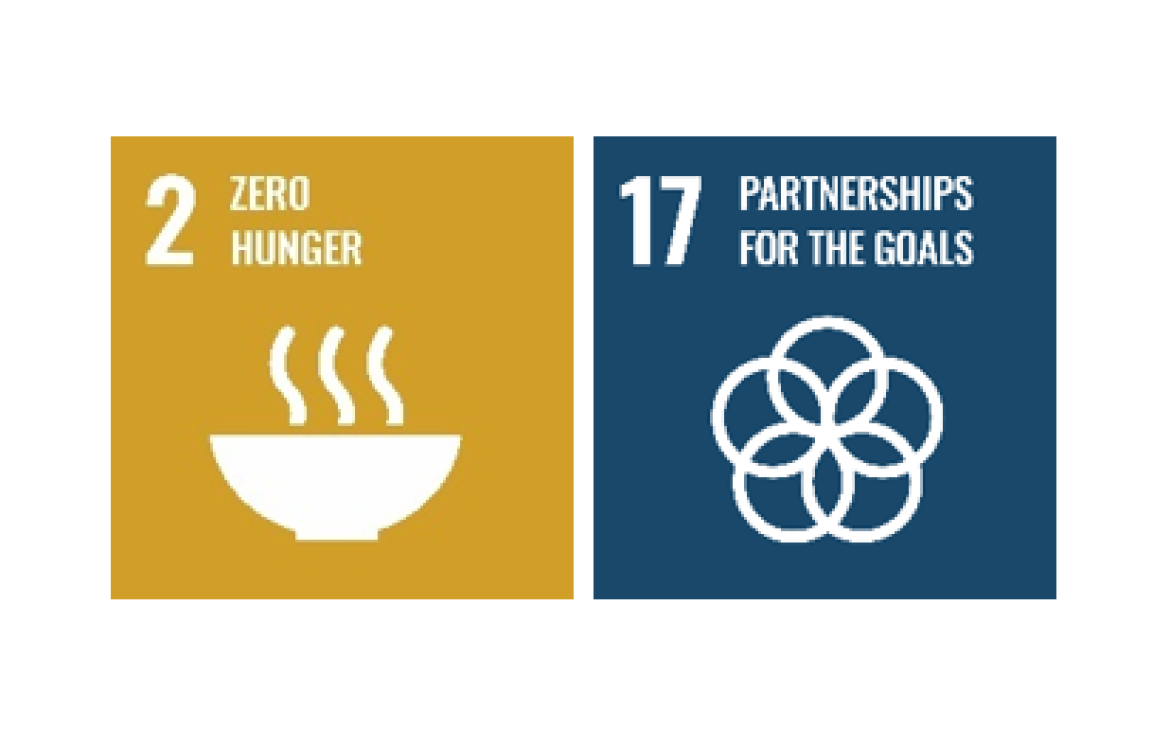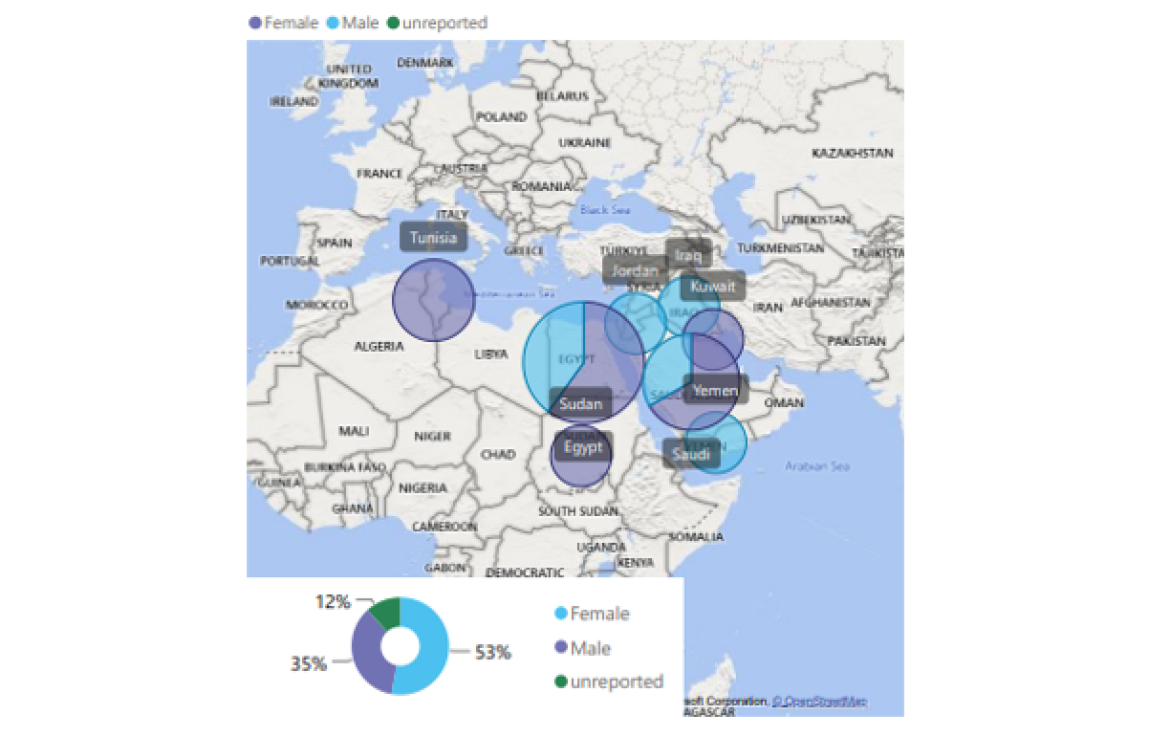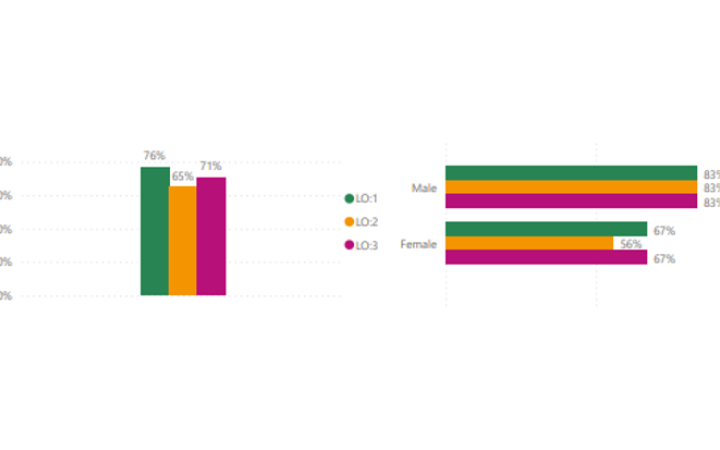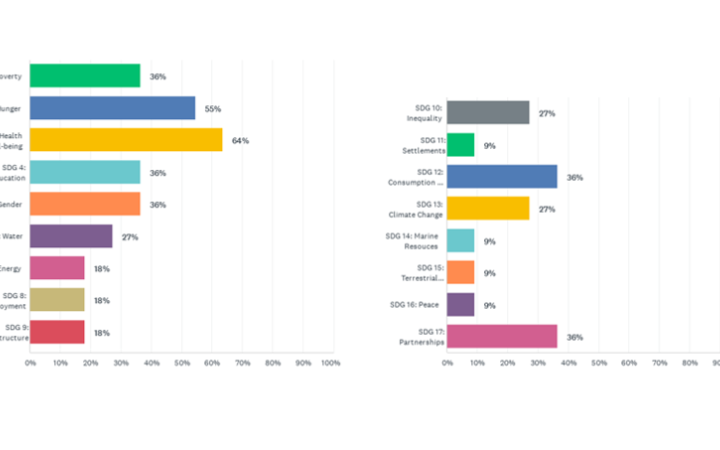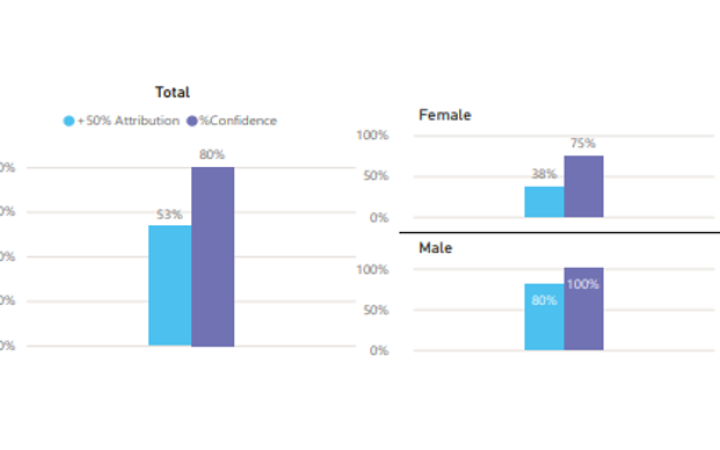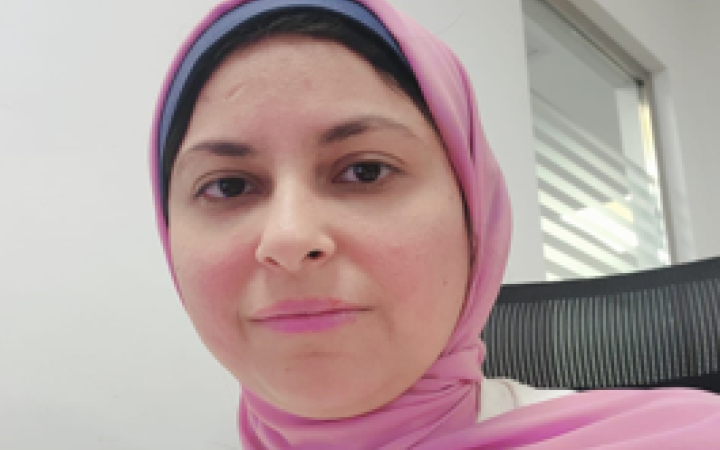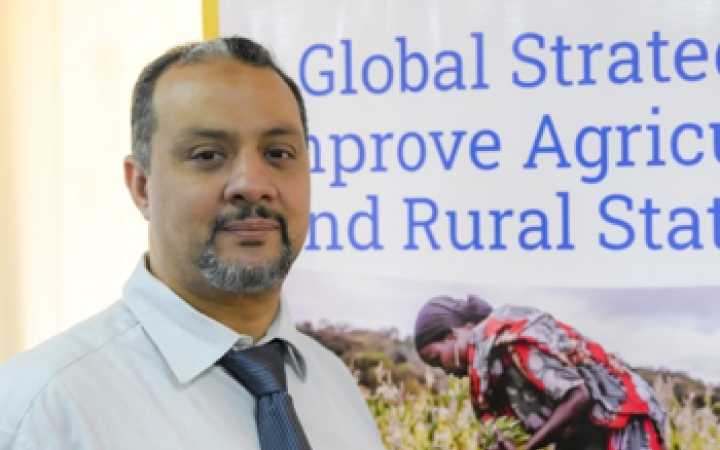In October 2021, the Food and Agriculture Organization (FAO) and the United Nations Institute for Training and Research (UNITAR) jointly launched its first Arabic edition of the e-Learning course on 'Trade and Food Security'. This initiative aimed to support government representatives and related authorities in the Near East and North Africa (NENA) region who are directly involved in shaping and executing agricultural policies and programmes. The course, which lasted for four weeks and was led by experts, was designed to help participants better understand the challenges and opportunities associated with increased trade in relation to food security and nutrition.
The primary goals of the course were to enable participants to assess the impact of trade openness on food security and nutrition, explain various trade policy measures and their roles in promoting food security and nutrition, and explore considerations for designing and implementing trade policies. Additionally, the course covered key global policy and regulatory frameworks governing trade, food security, and nutrition, including the World Trade Organization (WTO) Agreement on Agriculture and the 2030 Agenda.
The course received 355 applications. Of which only 70 participants from 14 different countries and territories were carefully selected. Representatives from Algeria, Egypt, Iraq, Jordan, Kuwait, Lebanon, Morocco, Oman, Palestine, Saudi Arabia, Sudan, Syrian Arab Republic, Tunisia, and Yemen were accepted into the programme.
The United Nations Institute for Training and Research (UNITAR) and the Food and Agriculture Organization of the United Nations (FAO) have a long-standing collaboration aimed at expanding access to education and training to strengthen capacities of stakeholders, with training activities on a wide range of topics being implemented since 2010.
The partnership builds upon the strengths of both institutions by transforming the knowledge expertise provided by FAO into high-quality learning products and services designed to transfer knowledge, impart skills and raise awareness and takes full advantage of modern information and communication technology (ICT) for greater outreach and cost-effectiveness
Figure 2. Participants’ gender
Forty-six per cent of the selected participants are women, with the remaining 54 per cent representing male participation. The majority of course attendees were civil servants from national and local levels, comprising 60 per cent of the total, followed by academia at 17 per cent, UN system follows at nine per cent, NGO workers also at nine per cent, and individuals from the private sector at six per cent.
Out of the 70 participants, 47 participants successfully completed the course, eight failed, and 15 inactive/no show. UNITAR conducted a follow-up survey and interviews with selected survey respondents two years later to gather insights on the long-term impact of the programme on completers’ professional lives.
Figure 3. Participants’ affiliation
Links with the Sustainable Development Goals (SDGs)
The course was aligned to SDG 2 “Zero Hunger” through eradicating food insecurity and SDG 17 “Partnerships for the Goals” through trade and capacity building.
Application and Transfer of Knowledge, Skills and Attitudes and Observed Changes
We collected data from 17 respondents from eight countries: Egypt, Iraq, Jordan, Kuwait, Saudi Arabia, Sudan, Tunisia, and Yemen, reflecting a 24 per cent response rate. Among them, 53 per cent were female and 35 per cent were male. The cohort’s age ranges from 31 to 64 years old with a resulting average age of 47 years. The majority (70 per cent) is affiliated with the government, while 12 per cent come from NGOs, and six per cent each from academia, the UN system, and the private sector.
Figure 5. Application of Learning Objectives with Gender Disaggregation
In terms of the application of acquired capacities, figure 5 reflects that 76 per cent and 65 per cent of survey respondents agreed or strongly agreed that they had applied the skills related to learning objectives 1 and 2, respectively. These objectives focused on addressing the challenges and opportunities associated with increased trade openness for food security, as well as understanding various trade policy measures, their role in promoting food security, and considerations for trade policy design and implementation. Additionally, 65 per cent affirmed that they had applied the skills gained under learning objective 3, which pertains to understanding key global policy and regulatory frameworks governing Trade and Food Security, including the WTO Agreement on Agriculture and the Agenda 2030.
Examining the data from a gender perspective reveals that, although male respondents reported an application rate of 83 per cent for learning objectives 1, 2, and 3 alike, females showed notably lower rates, reporting 67 per cent for learning objective 1, 56 per cent for learning objective 2, and 67 per cent for learning objective 3.
Figure 6. Contributions to the 2030 Agenda / Sustainable Development Goals (SDGs)
A total of 82 per cent of respondents either agreed or strongly agreed that the application of their acquired knowledge and skills had a positive impact on the implementation of the Agenda 2030/SDGs, with particularly notable contributions in the context of SDGs 2 and 3. Specifically, SDG 3, which addresses critical health issues and strives for universal health coverage, demonstrated a higher impact. This is closely connected to SDG 2, which aims to eliminate hunger, ensure food security, enhance nutrition, and promote sustainable agriculture to guarantee widespread access to ample, safe, and nutritious food.
Respondents offered tangible instances of how their daily responsibilities align with the A2030/SDGs. This includes active participation in SDG 3-related initiatives and partnerships. Other activities involve problem identification, action plan development, monitoring global food commodity prices, strategic purchasing, and adherence to sustainable food value chains to contribute to both global markets and the national economy. Further contributions include directing microfinance, targeting specific demographics, and developing products in alignment with the goals. For academia, engaging in research, studies, and lectures on food security policies enables informed recommendations to decision-makers. Additionally, efforts are directed towards ensuring sustainable consumption and production patterns by incorporating ecological energy resources, endorsing environmentally friendly products, optimizing product transit, and evaluating the consumption system within the legal and institutional framework to enhance overall citizen prosperity.
Contributing to achieving food security by ensuring the fulfillment of the four elements, also knowing how to maximize the benefit from the sustainable food value chain by developing it to reach global markets that contribute to the country’s economy. - Participant from Saudi Arabia
I have joined committees and programs regarding SDG 3, as a member of the Kuwait food dietary guideline, I insist on including all the aspects learned in the course. – Participant from Kuwait
Identifying problems, developing an action plan, purchasing and following up on global reports on food commodity prices, and choosing the appropriate time to purchase. – Participant from Jordan
Studies, research, lectures, and providing recommendations to decision makers. – Participant from Egypt
Figure 7. Confidence and Attribution Level in Applying/Transferring Knowledge/Skills with Gender Disaggregation
A significant 73 per cent of survey respondents consider it highly important to apply their acquired knowledge and skills for the success of their jobs, with the majority (80 per cent) expressing full or very high confidence in applying and transferring their learning. When examining gender differences, female participants reported lower confidence in applying their knowledge and skills compared to their male counterparts, with rates of 75 per cent and 100 per cent, respectively.
Responding to the query about the extent to which the application of knowledge and skills can directly be attributed to the course, 53 per cent of participants acknowledged that more than half of their knowledge and skills application could be attributed to the training they received, while the remaining 47 per cent attributed one (1) to 50 per cent of their application to the training. Once again, disaggregating the results by gender shows significant differences between male respondents (80 per cent) and female respondents (38 per cent) attribution of more than half of their knowledge and skills application to the course.
When asked about enablers and barriers to application and transfer of knowledge and skills, the most prominent factor identified as having facilitated knowledge/skill application and transfer was identified as time availability. This was followed by having the sufficient knowledge/skills, content being relevant to learners’ goals, needs, or interests, and receiving support from colleagues and peers. Conversely, factors impeding this process included the unavailability of funds and other resources required, rapid technological changes in the industry, and impracticality and inapplicability of the course content to real-life situations.
Salma Khalifa
Regional Food Technologies – World Food Programme, Egypt
A food scientist’s fight for food security
Cairo, Egypt. Through a brief online interview, we were able to get a hold of Salma to delve into the impact of her participation in the programme. Salma, a food scientist, had dedicated over eight years to the role of Product Development Manager in the research and development (R&D) wing of Savola Foods, a multinational food company. Leading cross-functional teams through the intricacies of product development, she held this position until she embarked on a transformative journey with the World Food Programme (WFP) Regional Bureau in Cairo. Covering WFP operations in the Middle East, North Africa, and Eastern Europe, Salma, armed with a master's degree in Food Chemistry from the American University in Cairo, and currently pursuing a Ph.D. at the same institution, applied her expertise as a food technologist.
Motivated by her aspiration to contribute to international organizations addressing food security, such as the United Nations, Salma saw the programme as a stepping stone toward her dream job. It offered an opportunity to enhance her knowledge for her ongoing Ph.D. and a chance to network with professionals in the field. During the course, Salma crossed paths with Dr. Ahmad Mukhtar, the Senior Economist at the FAO Regional Office for NENA. Post-programme, she secured a nine-month fellowship at the FAO Regional Office for NENA, a pivotal move that marked the initiation of her professional journey within the United Nations (UN) system. This shift brought a sense of fulfillment, as Salma now applied her skills to ensure safe, nutritious, and high-quality food reached the final beneficiaries, aligning with her goal of developing impactful solutions. While her current role mirrored her past responsibilities, the context differed significantly. In the private sector, the focus was profit-oriented, whereas at WFP, the emphasis lay on humanitarian assistance. For Salma, the technical skills remained constant, but the shift in focus was pivotal. "For me, working for the UN is more important because the final outputs benefit people in vulnerable positions, in crises, in war, in conflict. The impact of the final outputs is more profound," she explained.
Her work at the WFP involves a diverse set of responsibilities, such as crafting food regulations and overseeing the entire food supply chain for safety and quality. She collaborates with the programming and nutrition team to address malnutrition in specific communities through short-term and long-term impact programmes. She emphasizes the crucial liaison with food regulators from various countries, recognizing the impact of economic and political agendas on food regulations. This complexity poses challenges during emergencies, requiring quick troubleshooting and coordination if regulatory obstacles arise. Reflecting on her experiences, she notes the contrast between theoretical knowledge and real-world complexities. The learning programme underscores however, the need to adapt solutions to each country's unique context, acknowledging the limitations of applying successful strategies universally across nations.
The programme's focus on intertwining economic aspects like trade with scientific elements such as food security and malnutrition resonated deeply with Salma. “Learning how trading, profits, and economic processes can affect the food supply chain, which is the core of my job, is quite interesting.” She marveled at the intricate web where global trade and profits in one part of the world influenced the food security landscape on the other end. The diverse cohort, comprising individuals from various and astounding backgrounds, including government, academia, international and local NGOs, and the private sector, enriched the learning experience for Salma. "It was enlightening to gain diverse perspectives on how trade impacts food security," she reflected. She commented however, "While the course content was valuable, enhancing participant benefits could be achieved through increased interaction” which could have involved synchronous sessions with peers, group assignments or activities, and obtaining more personalized feedback on learning assessments.
Salma continues to apply the invaluable knowledge gained from the programme to her work, seamlessly weaving together her expertise and the programme's teachings to make a meaningful difference in the lives of those in need.
Dr. Hosam Eldin Mahdy
Chief Statistician – Ministry of Agriculture and Land Reclamation
New perspectives on research data collection
Cairo, Egypt. Hosam, a graduate of Master in Business Administration, holds the position of Chief Statistician within the government of Egypt, serving at the Economic Affairs Sector of the Ministry of Agriculture and Land Reclamation. His primary responsibilities involve the development and implementation of evidence-based agricultural, food security, and trade-related policies and programmes. Notably, he has maintained this role prior to undertaking this course with UNITAR and FAO.
The course, initially extended to government entities within the country's project scope, reached individuals relevant to its content. Hosam learned about this opportunity through emails forwarded by his boss. Recognizing its direct relevance to his role, he eagerly applied, a decision that proved instrumental in enhancing his job performance. “It was very vital for the job itself, to evolve in it, [so] when I saw the invitation for the course, I figured it speaks to my job directly, so I did not hesitate to apply. I was right, it made me better at my job,” he explained.
His participation in the course significantly increased his knowledge of international trade, instilling in him a newfound confidence to actively engage in relevant conversations. Applying the acquired knowledge and skills, he contributed to his unit's research studies on food security policies, particularly on data collection procedures.
“I write my data now differently. I write them with a background now, I am aware of every term and its meaning and more importantly, its impact. It is no longer just a mindset of getting the job done rather, [about] what it implies to our region.”
The course's impact went beyond technical skills, teaching him to integrate food security considerations into all aspects of his work. This transformative experience altered his perspective, previously centered on business, profits, and trade. The course broadened his understanding of the larger picture, delving into the complexities of food security issues in the region and exposing him to the intricacies of political considerations, terminologies, systems, and priorities.
Acknowledging the supportive elements in his work environment, Hosam credits his ability to transfer knowledge and skills to factors such as opportunity to translate theoretical knowledge to hands-on practice, content relevance vis-à-vis their work, and the encouragement received from his supervisor and colleagues. The availability of time from his end, especially during weekends, facilitated a personalized and effective learning pace.
The combination of international trade and food security aspects intrigued him, providing an opportunity to delve into a new world of terminologies and understand the depth of experts' language in these fields. Hosam appreciated the engaging approach of the course, including follow-ups by facilitators and challenging exams, but hoped that the issued certificate would include examination scores as a testament to the rigor of the learning experience.
Conclusion
The participant selection process ensured a diverse mix that contributes enriched and compelling value to the overall learning experience. In addition to the expertise provided by the course facilitators, each individual's unique skills and knowledge bring additional insights.
Through survey and interviews, participants shared tangible and positive changes in their professional lives.The survey results provide valuable insights into the application and impact of acquired capacities related to trade, food security, and global policy frameworks. The majority of respondents demonstrated a high level of application, particularly in addressing challenges associated with increased trade openness and understanding trade policy measures. The gender perspective highlighted variations in application rates, with males generally reporting higher levels of application compared to their female counterparts. Survey respondents also considered highly the significance and confidence of applying acquired knowledge for job success. However, gender differences were evident, with female participants indicating lower confidence levels in applying their knowledge and skills. While the overall picture is optimistic, the gender disparities in confidence levels and application rates warrant attention. Addressing these gaps could enhance the effectiveness of capacity-building initiatives, ensuring a more equitable distribution of benefits and contributions to global sustainability goals. Additionally, ongoing efforts to overcome barriers, such as resource constraints and rapid technological changes, will be pivotal in maximizing the impact of acquired knowledge and skills in real-world situations.
The programme's successful integration of economic elements, such as trade, with scientific components like food security and malnutrition, resonated profoundly with the interviewees. The valuable course content served as a foundation for the participants, who have continued to apply the acquired knowledge in their professional endeavors. While the programme has been impactful, there is potential for further enhancement by fostering increased interaction among participants. Incorporating synchronous sessions, group assignments, and personalized feedback on assessments could deepen the learning experience and contribute to even more meaningful applications of the knowledge gained. The interviewees' ongoing application of the acquired knowledge showcases the programme's lasting impact, as participants skillfully blend their expertise with the programme's teachings to effect positive change in society.


